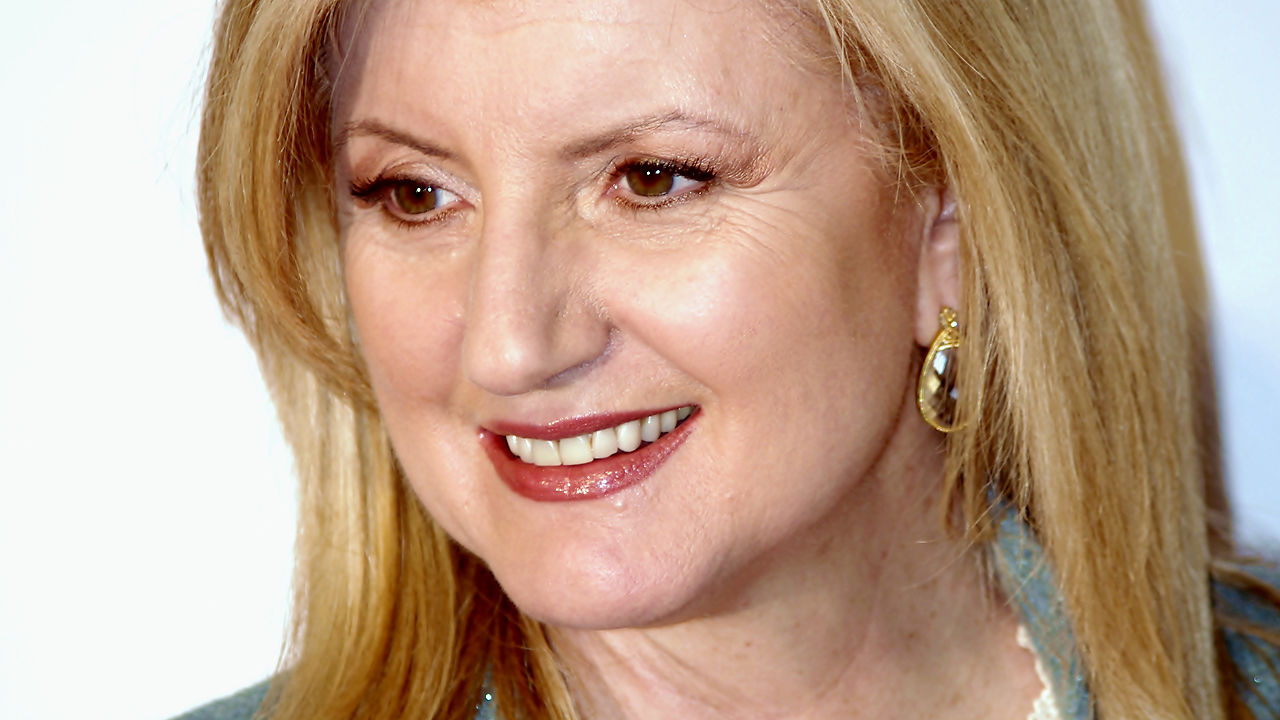How Arianna Huffington Uses The Powerful Potential Of Social Media To Create Change
The Huffington Post founder talks about how the development of online tools has changed giving back.
Arianna Huffington is the president and editor-in-chief of the Huffington Post Media Group, a nationally syndicated columnist, and author of 13 books including biographies of Picasso and Maria Callas, a political satire, and several scathing political commentaries. In 1998, she famously changed her political affiliation from conservative to liberal, underscoring her commitment to meaningful political engagement beyond bipartisan entrenchment. She’s a vocal supporter of numerous social good causes and a proponent of sleep, and she serves on the boards of A Place Called Home, El Pais, and the Committee to Protect Journalists–she’s also got a great accent…
Co.Exist: In your Co.Exist article The Rise of Empathy in America” you said that “service is in the zeitgeist.” What did you mean by that? How has social media helped create this zeitgeist?
We are seeing the manifestations of the “epic shift” that Jeremy Rifkin wrote about in his 2010 book The Empathic Civilization: the growing realization by individuals, businesses, and advertisers that there’s much to be said for appealing to consumers’ better instincts, and engaging them with something other than materialism, sex, money, and self-interest. People are hungry for meaning and a life lived as something more than just consumers. They want to play a role in the life of their communities and their country and make a difference in the lives of others.
And it’s not a coincidence that this trend is escalating at the same time social media have risen to the forefront in the worlds of both marketing and activism. Social media allow like-minded people to coalesce, and have increased the ability of companies to tap into their customers’ humanity. But there’s a twist: While companies want to use social media to tap into this and because it does a lot of their outreach for them, it also requires something more of the companies that enter the social space. There’s a much higher bar for engagement with social media and, once in, a company can no longer easily hide behind a glossy, expensively photographed ad campaign.
You’re an outspoken champion of causes you believe in and social media is the megaphone for your efforts. When did you first realize the impact you could make using social media?
Well, first, social media are a means, not an end. And when it comes to championing causes, social media can be a valuable tool for sharing your values and your causes. But calling it a megaphone isn’t quite right, because that implies one-way communication, when the essence of social media is their potential to start conversations and make connections. On a daily basis, I’m invited to media conferences filled with panels devoted to social media and how to use social tools to amplify a message. But very few panels are asking what the hell is the message. “We are in great haste,” wrote Thoreau in 1854, “to construct a magnetic telegraph from Maine to Texas; but Maine and Texas, it may be, have nothing important to communicate.”
Every day has its reminders of social media’s impact, but some stand out. I remember visiting Greece last year, at a time when protesters were gathering in Syntagma Square, across from the Greek parliament. Like the others around the world, the Greek protests were fueled by social media, including a protest-themed Facebook page that collected more than 152,000 “likes,” but it was amazing to see just how closely interconnected the social media campaigns were with good old face-to-face interaction. The social media engagement was mirrored by physical engagement, and everywhere I went I was stunned to find that everyone–waiters, taxi drivers, storekeepers, salespeople, anybody sitting next to you at dinner–was talking about the same thing. Social media can be used for mindless escape, or for the opposite, for connection and meaning. Click here to read the full article on Fast Company Co.Exist
